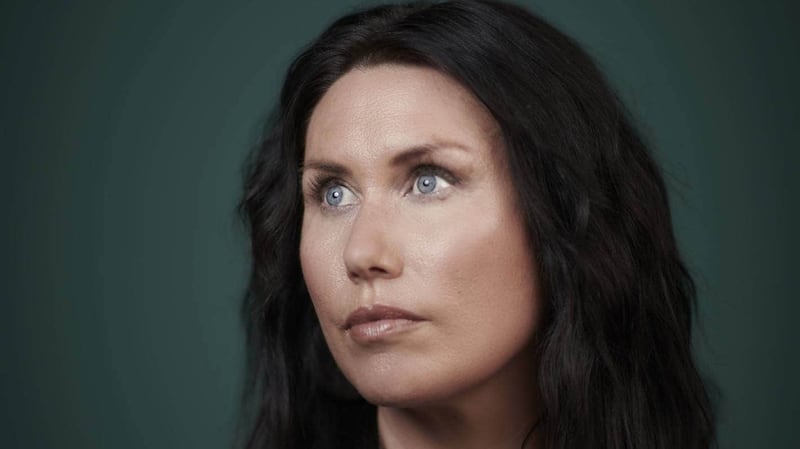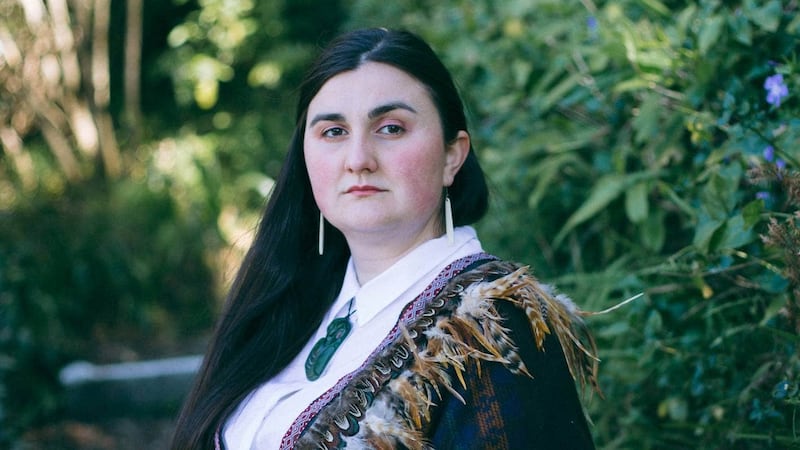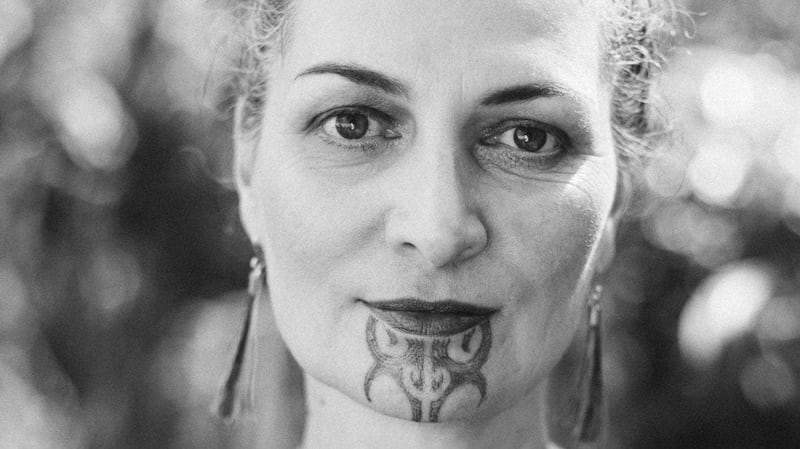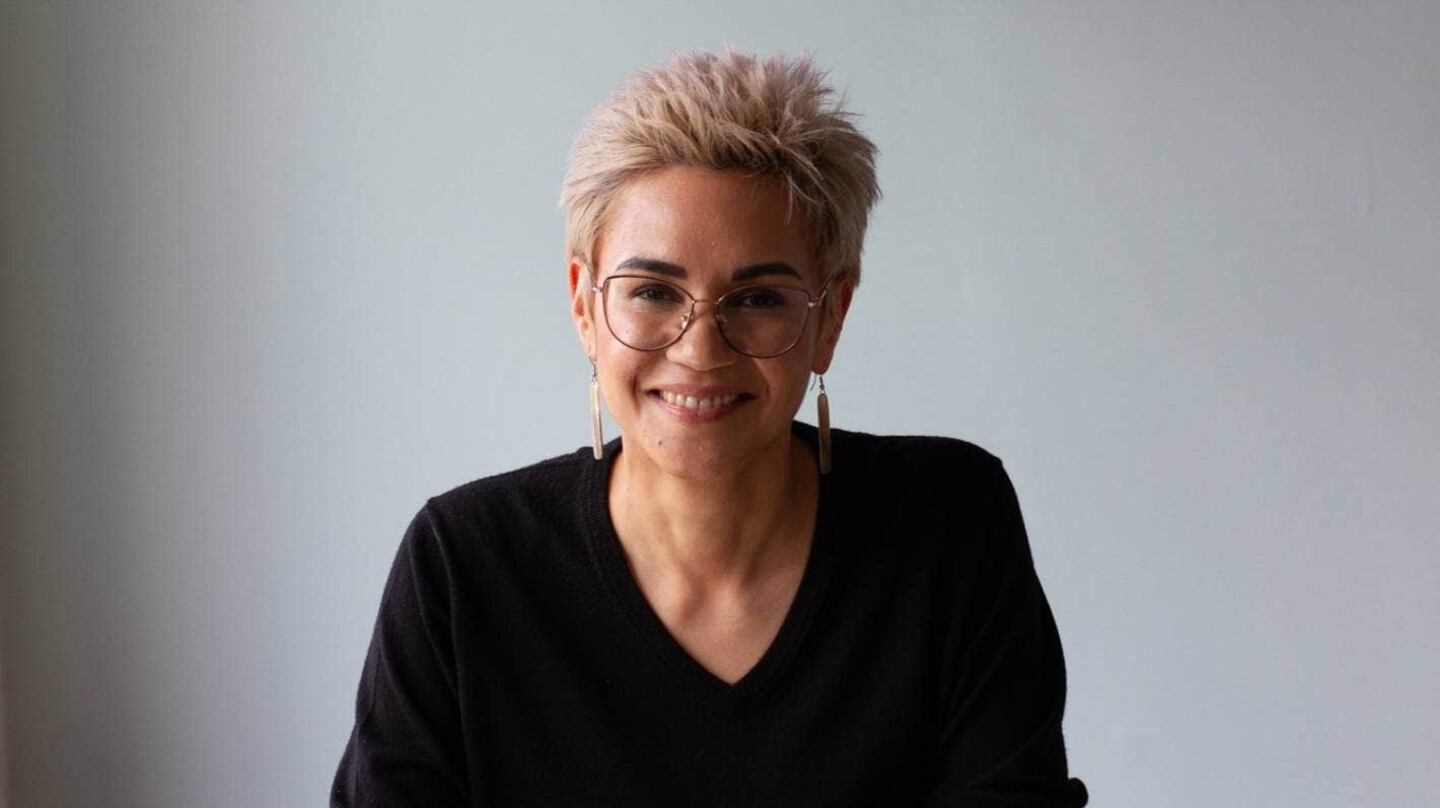Award-winning writer and medical doctor Emma Espiner (née Wehipeihana) and poet and rongoā Māori practitioner Arihia Latham will consider the role of storytelling in medicine at the Theatre Royal tomorrow, as part of the 2023 Nelson Arts Festival.
There’s A Cure For This is one of three Pukapuka Talks session in this year’s programme that feature extraordinary wāhine toa who are weaving te ao Māori into their mahi in order to transform the lives of others.
In 2020, Espiner won Opinion Writer of the Year at the Voyager Media Awards, and in 2021 her podcast, ‘Getting Better: A Year in the Life of a Māori Medical Student’, earned her another Voyager Media Award for Best Narrative Podcast.
In her debut book, There’s a Cure to This (published earlier this year), Espiner eloquently weaves together the stories, issues and insights she has accumulated over her first four decades into a series of powerful essays.

The book includes recollections of early childhood, her exploration of whakapapa, her marriage to RNZ broadcaster Guyon Espiner and the birth of their daughter Nico, and her medical training and graduation in 2020, just as the global pandemic hit.
In the session, Latham will ask Espiner, who is currently a surgical registrar at Middlemore Hospital in South Auckland, how she navigates tikanga in the hospital system, especially as a junior doctor training to be a surgeon.
Addressing staff shortages and long waitlists in Aotearoa’s struggling health system, the pair will explore how important te ao Māori is in our healthcare system, where severe inequities for Māori are ever present.
Towards the end of the book, in the chapter titled ‘Storytelling is the medicine’, Espiner writes about the “ocean of stories swirling in a hospital at any one time”, describing hospital departments as “ships, doing their best to stay afloat”.
“Medicine, specifically medicine which takes place in hospitals, is the ideal substrate for storytelling. Tragedy, comedy, intrigue, power – it’s all there ...” Espiner added.

The book is brimming with candour, pathos and wry humour – as Espiner reveals in one essay, “a healthy appreciation for the absurd” is essential in her line of work – but it is also only a snapshot in time, documenting her time in medical school and the experience of beginning her career during the recent pandemic.
Latham said the two wāhine will also discuss what has happened since the book’s publication, which has been a period of significant changes, including the recent change of government. In the midst of all of this, people continue to get injured, unwell and die.
The relentless demands on those working in our health system remains the one constant, so Latham will also invite Espiner to consider the pitfalls of “busy women syndrome”, asking “How do we manage our own expectations of ourselves and to what do we turn in times of difficulty?”
Latham, who is also committed to supporting the most vulnerable people in our communities, will be appearing in three Pukapuka Talks sessions at this year’s festival, including the Witi & Friends Gala Night.
In her third session, on Monday October 23, she will join her cousin, poet and taonga pūoro practitioner Ruby Solly, in a very special performance, After Dark II: Dusk Chorus, at the Brook Waimārama Sanctuary’s Beech Glade outdoor classroom.
As civil twilight expands across the sky, Latham will read from her debut poetry collection, Birdspeak, alongside Solly, who will perform verse from her second book, The Artist.
Latham described dusk as a transformative time for “awe, wonder and reflection, where we can explore our place in the world. The forest can exist without us, but we can’t exist without the forest.”
She also said she finds dusk incredibly calming. “It’s like an exhale, where we can let go of everything we didn’t get done during the day. The light is impeccably magic, which gives us a chance to consider how wondrous the natural world is. It’s also a time for hope.”

In writing the poems in Birdspeak, Latham said it was important to name the challenges. “Poetry is something I lean towards when times are difficult.”
She said whakapapa is fundamental in te ao Māori and the key to making sense of it all. “Understanding our whakapapa means we can look back to understand the present and then make decisions to move forward.”
Only by doing this, she said, can we – as both communities and a society – make choices about how to respond. “Embracing te ao Māori gives us a way to respond with alternative ways of being, and to walking the talk.”
The third wāhine Maori session takes place on the final weekend of the festival when singer, taonga pūoro musician and writer Ariana Tikao speaks with local writer Nuki Takao about the story behind – and conveyed in – her stunning illustrated book, Mokorua: Ngā kōrero mō tōku moko kauae (My story of moko kauae).
They will discuss the relationship between moko kauae and identity, the politics of moko and how it represents their relationship with tīpuna (ancestors), amongst other topics.
Artist, photographer and writer Matt Calman will also join the wāhine on stage to discuss the photo essay he created for the book.
A digital exhibition of this work is also showing at the Suter Art Gallery as part of Kanohi Kitea: The Seen Face, an exhibition of moko kanohi (face markings). Through the artistic vision of Louisa Paul, this exhibition celebrates the revival of this significant cultural practice and art form.
Mokorua will begin with a welcome from mana whenua and a tour of the exhibition, then move into the Theatre for the kōrero.
Festival information
For the second year running, 2023 Nelson Arts Festival events are either free or Pay What You Can (PWYC) tickets.
There’s A Cure For This is on at the Theatre Royal at 1.30pm on Sunday, October 22.
After Dark II: Dusk Chorus takes place at Brook Waimārama Sanctuary at 7.30pm on Monday, October 23.
Mokorua takes place at the Suter Art Gallery & Theatre from 2pm on Saturday, October 28.
All pukapuka are available to purchase at the official festival bookstore, operated by Paper Plus Nelson. Authors will be available for signings after the sessions.
Find out more at www.nelsonartsfestival.nz/event/pukapuka-talks
Kerry Sunderland is an author, freelance writer, broadcaster, and curator of Pukapuka Talks, the Nelson Arts Festival’s literary programme.

